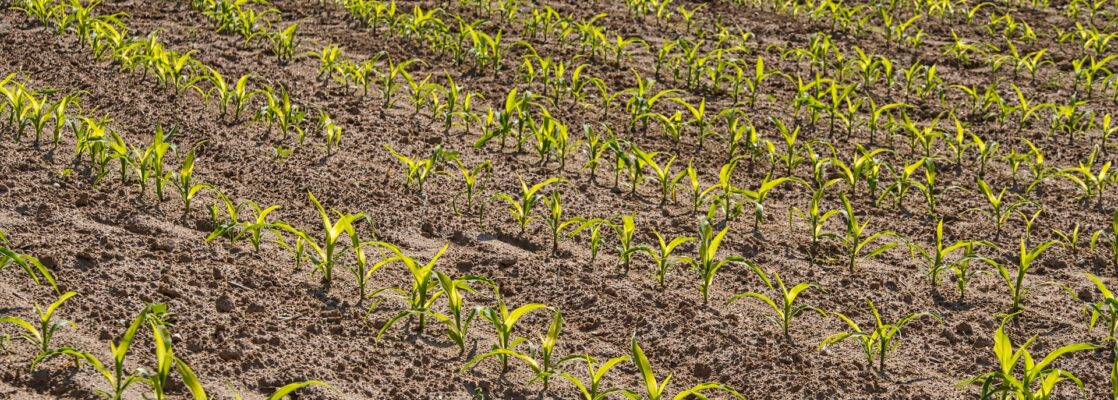Current objectives to harness agroecological functioning to improve the biological control of crop pests are conditional on a range of ecological, social, economic and cultural mechanisms that may hinder or support the success of such endeavours. Against the backdrop of ongoing work focused on the push-pull technology, a mixed cropping strategy aiming to increase biocontrol in smallholder farms of Sub-Saharan Africa, we review some key challenges and knowledge gaps associated with enhancing and managing biocontrol practices on farms. While major knowledge gaps exist with regard to ecological processes affecting biocontrol success at small to large scales, these can quickly be trumped in terms of capacity for implementation by non-ecological factors such as the structure of social systems and the existence and effectiveness of training networks. We argue that it is our responsibility to formulate questions for biocontrol research that lead to effective, adaptable and resilient solutions for the real-world contexts in which they should be implemented. Consequently, research aiming to understand ecological processes for improved biocontrol must be increasingly transdisciplinary and leave a wide margin for flexible application of ecologically-driven principles.
Authors: Emily A. Martin, Felipe Librán Embid, Adewole Olagoke and members of the UPSCALE consortium
Contact address: Emily.Poppenborg@allzool.bio.uni-giessen.de
Institution: Justus-Liebig-Universität Gießen, Germany
Twitter name of the institution: @ZooBiodiv
Twitter link: https://twitter.com/ZooBiodiv
Available downloads:


